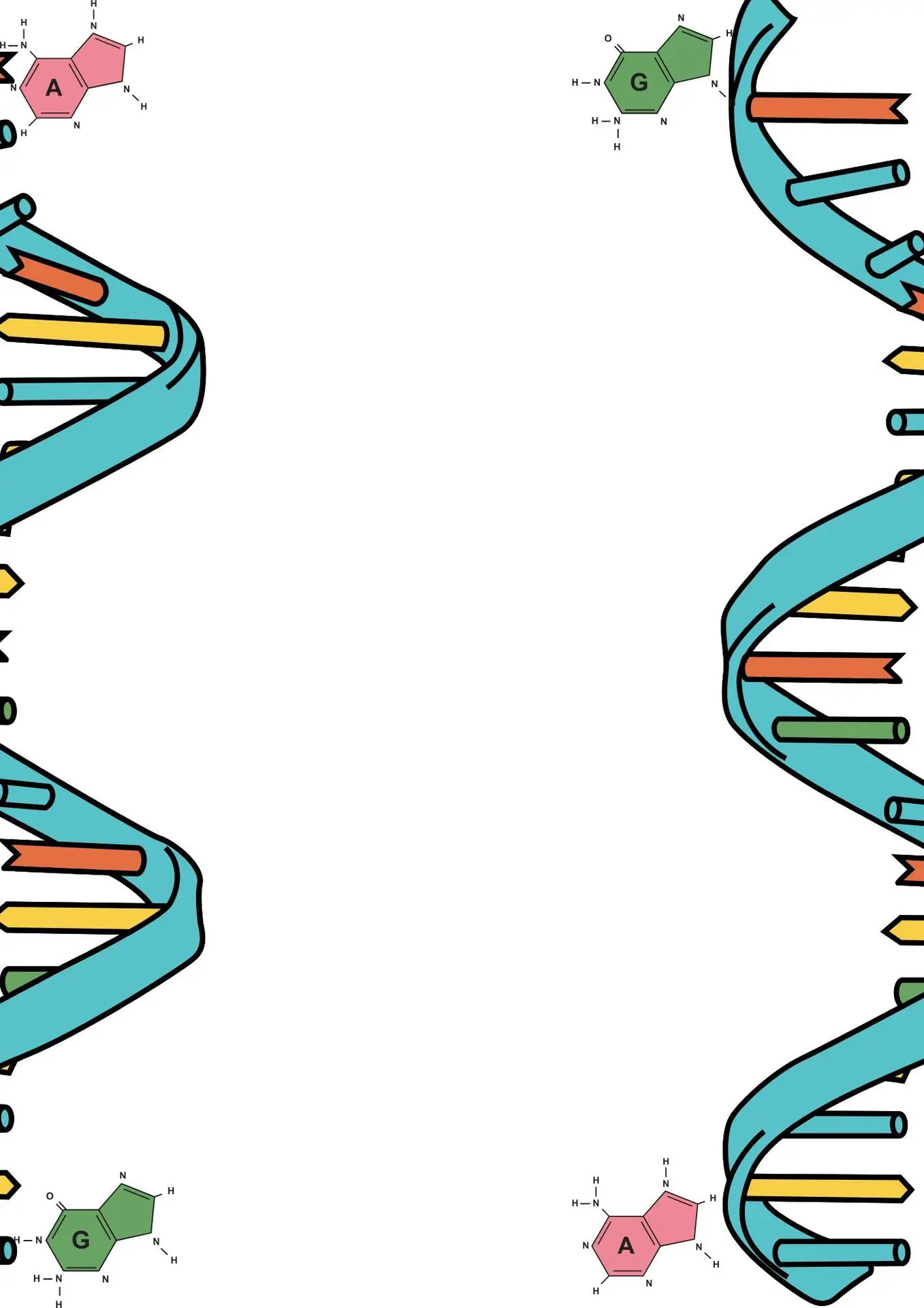
Recombinant DNA: Revolutionizing Biotechnology:
Recombinant DNA technology involves combining genetic material from different sources to create new DNA sequences that do not naturally occur. This powerful tool allows scientists to isolate a gene of interest from one organism and insert it into the genome of another, enabling the production of proteins, hormones, or other products in a controlled and efficient manner. For example, recombinant DNA has been used to manufacture insulin for diabetes patients, human growth hormone, and vaccines. By harnessing this technology, researchers can produce large quantities of specific proteins without relying on scarce natural sources. Beyond medicine, recombinant DNA has applications in agriculture, such as engineering crops with improved resistance to pests, diseases, or harsh environmental conditions. Despite its enormous potential, the technology also raises ethical and safety concerns, including the risks of unintended consequences when genetically modified organisms are released into the environment. Ongoing research and regulation strive to maximize the benefits of recombinant DNA while minimizing potential risks, making it a cornerstone of modern biotechnology.